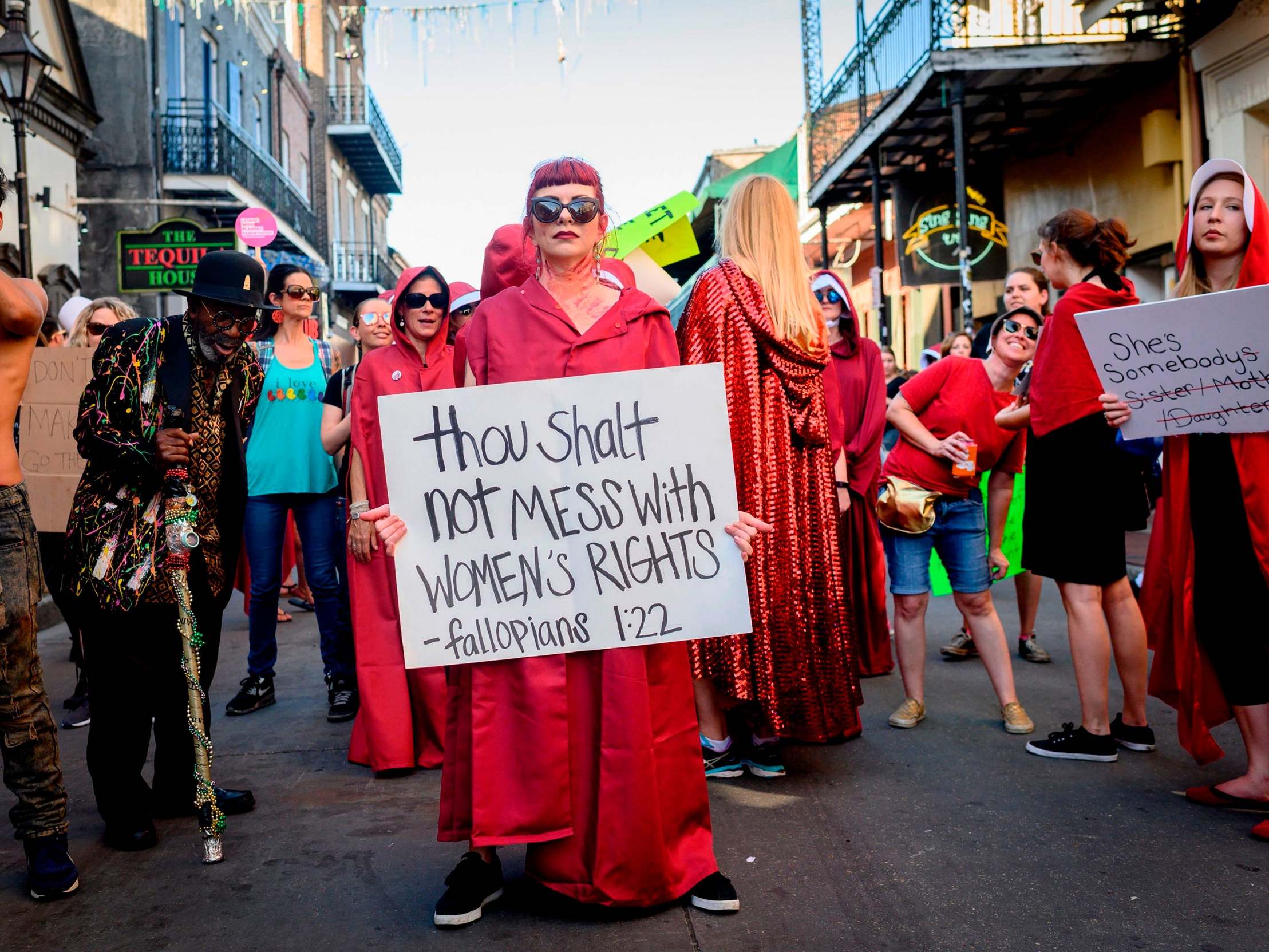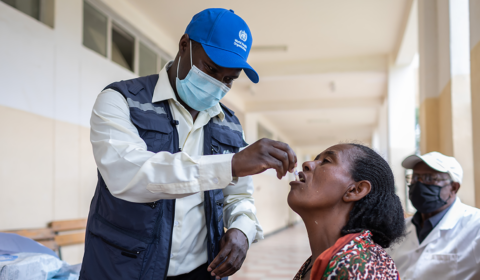The country’s government has approved a constitutional reform that will make it virtually impossible to legalise abortion in Honduras.
Less than a month after the historic moment for women’s rights in Argentina, whereby the country became just the third in Latin America to legalise abortion, Honduras has moved to permanently outlaw the practice.
In what’s looking to be the region’s most draconian ban, the measure will make it virtually impossible to legalise abortion in the Conservative nation – now or in the future. On Thursday, 88 legislators voted in support of the ban, while 28 opposed and seven abstained.
Likely to be passed within the next week, the change of reform would require at least three-quarters of Congress to vote in favour of changing the country’s abortion law for any modifications, raising the vote threshold above what is normally necessary.
It would also exclude the possibility of a court ruling, or the passing of a new constitution.


The Central American country already has one of the most restrictive abortion policies in the world. At present, performing or undergoing an abortion in Honduras carries a penalty of three to six years in jail, though charges are rarely filed.
Honduras is one of four Latin American countries prohibiting abortion under any circumstance, and the only one to prohibit emergency contraceptives, even in the case of rape or incest.
To overturn this, with the proposed reforms in place giving a foetus the same legal status of a person, would be all-but impossible.
According to the BBC, the move comes as a direct response to the feminist ‘green wave’ movement responsible for Argentina’s decision that’s currently sweeping the nation with the hopes of achieving similar pro-choice results.


Proponents of the legislation are calling it ‘a shield to stop the green wave,’ but rights groups are concerned that it will further violate the reproductive rights of women and girls in Honduras, ignoring the principles of equality and non-discrimination.
Particularly because the country is already plagued by domestic violence and teen pregnancy (one in four Honduran women have been pregnant at least once before the age of 19).
‘It’s an abysmal step backwards,’ says José Miguel Vivanco of Human Rights Watch. ‘They’re trying to make these provisions on same-sex marriage and abortion perpetual even though women will continue having unsafe abortions.’
Vivanco explains that the reform will in no way prevent abortions, but rather maintain the status quo in which many women – specifically those unable to afford flying to another country where abortion is legal – are obliged to seek them out in hazardous conditions. The UN estimates there are as many as 82,000 unsafe abortions Honduras annually.





















